 It seems like it should be a pretty niche genre on the surface.
It seems like it should be a pretty niche genre on the surface.
After all, who outside of the industry can relate to the studio machinery of something like The Player or the gradual descent into madness of the fallen star like Sunset Boulevard? H
owever, audiences have embraced movies about movies for decades, perhaps as a means of looking through a peephole into the magic behind the art they love so dearly. It’s certainly one of my favorite genres and I’ve created a list of 5 of what I think are overlooked gems in this subgenre.
Boogie Nights (1997)


Boogie Nights, you might ask? Paul Thomas Anderson’s sophomore effort that put him on the map? The movie that gave Burt Reynolds his first Oscar nomination? Surely, a movie like that isn’t “underrated”! To a degree, you’d be right.
However, what I find so interesting about Boogie Nights as a movie about movies is its commentary on the evolution about the medium itself, especially in physical terms. While the film is ostensibly about pornography, the subplot about the transition from “classy” productions shot on film to low grade VHS shoots really shows how the industry can often leave its mavericks in the dust. Jack Horner (Reynolds) represents a man who feels that he can elevate a seemingly low class artform, yet the consumer base is ravenous for something of much lower artistic quality. The titans of today can quickly become the relics of tomorrow, and whether we like it or not, the ravenous audiences’ need for quick product is their real death sentence.
Body Double (1984)


While also from another noted auteur, Body Double never got quite the acclaim as Boogie Nights. Perhaps it’s due to Brian De Palma’s penchant for explosive violence and unfiltered female sexuality, but as time passed, the film’s unfortunate position between the modern maestro of suspense’s critical hits Scarface and The Untouchables left it quickly forgotten by all but the director’s most ardent acolytes.
The film is submerged in Los Angeles kitsch, from the protagonists’ job as a struggling actor in Z-grade horror films to the relationship between mainstream film and the porn industry. Like Lynch’s Mulholland Drive, the film is as much a mystery as it is a commentary on how the town can slowly consume the seemingly innocent individual, turning them inside and out before they know it.
Like all of De Palma’s films, the film is a commentary on watching film itself. The violence we see can’t be stopped. It’s pre-ordained and all we can do is give into it, lest it consume us totally.
Madhouse (1974)


Yes, more than House on Haunted Hill. Yes, more than The Abominable Dr. Phibes. Price was often lauded for bringing an air of “classiness” to a genre often derided as being nothing more than grotesque garbage and cheap titillation.
However, Madhouse is the only film to seemingly serve as a reflexive commentary on Price’s career as a whole. Price plays an aging horror movie star, one whose famous persona of Dr. Death is about to be in a new film. As the film proceeds, set mishaps and murder abound quickly begin, causing Price to question where the line between art and reality begin and end and whether he is to blame for it all. It begs the question of how an actor’s on-screen personas can begin to consume the real life, especially in an age when the superhero suit an actor dons overshadows their actual identity. An always welcome supporting turn from Peter Cushing makes this a must see for Price devotees and horror movie junkies.
Special Effects (1984)


Similar to De Palma’s entry in this list, underground cinema maverick Larry Cohen’s attempt at a Hitchcockian thriller is wash in ethereal doppelgangers, violence against women, and an everyman’s descent in the belly of the beast that is the film industry. Cohen transplants this concept to the rainy and neon-soaked streets of New York City.
Eric Bogosian’s scenery chewing director is the (ill)logical conclusion of an artist without limits, a man whose art and darker tendencies merge into one and leap off the silver screen and into the blood-splattered canvas of real life. In the post-#MeToo era of Hollywood, the tragedy of Zoe Lund’s character seems almost prescient, something that seems surprising until you remember Cohen has always been a head of the curve
Fade to Black (1980)


This is the one about us. It’s the one about the fanatics, the obsessives, the minutiae devouring cinephiles that we identify as. However, it shows a potential darker side of us, one on which we lose ourselves in a world of fantasy and escapism that ends in deadly and tragic results. Dennis Christopher (Django Unchained, Breaking Away) delivers a truly chilling, yet sympathetic performance that may strike a little close to home with any manic hobbyist.
Christopher plays Eric, a young film nut who idolizes classic Hollywood royalty like James Cagney and Bela Lugosi. While he works as a film stock storage boy at day, his nights are spent locked in his room, playing old film reels on a rickety projector. His connection with society has withered to a breaking point, a point he finally reaches when he falls for a new to Hollywood aspiring starlet, one to bears an uncanny resemblance to the late Marilyn Monroe. When things don’t go his way, he snaps, unleashing a violent spree of film referential payback against those who’ve wronged him. It’s equal parts 80s slasher and social commentary with a message that wouldn’t be unjustified in the age of the Internet when we can all isolate ourselves in the passion of our choice with the simple click of a button.
It’s all fun and games, but sometimes you need to step away from the (silver) screen and see the world as it really is.







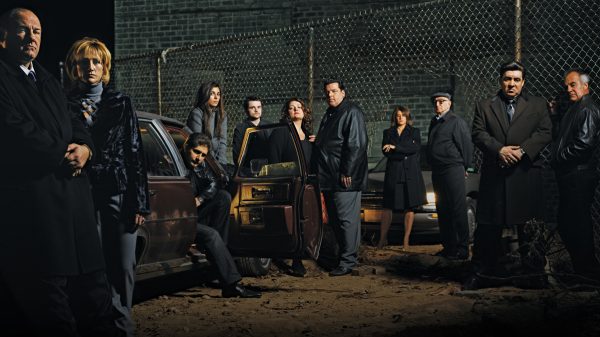
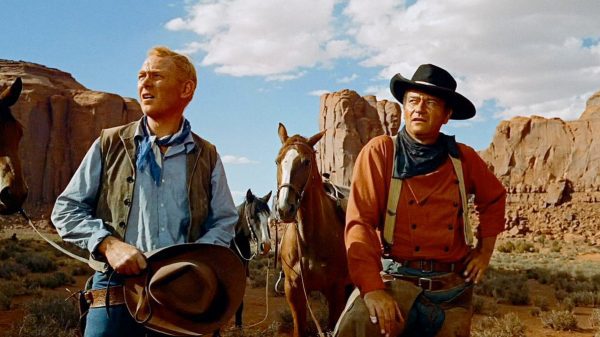


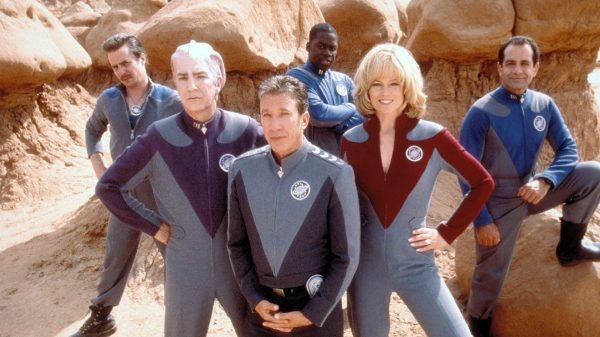
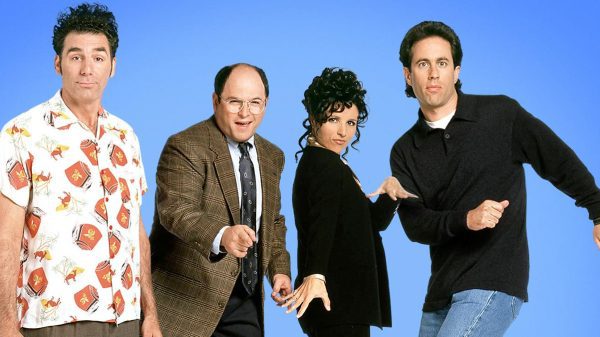


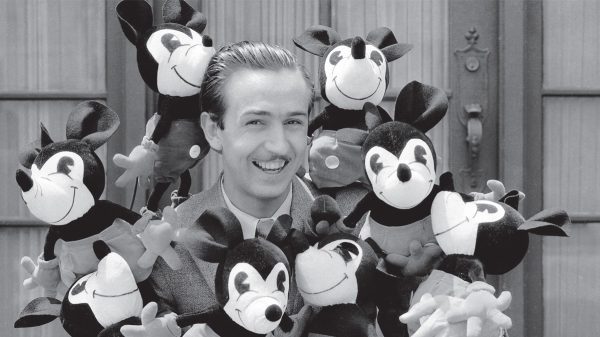


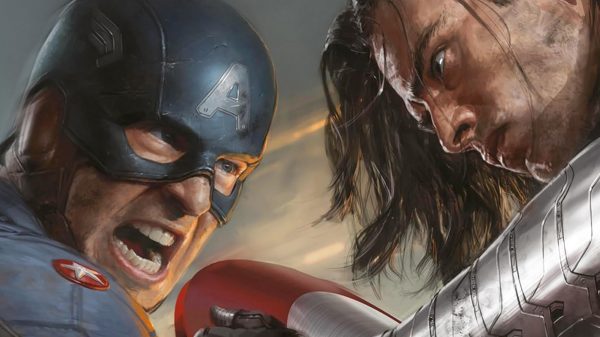




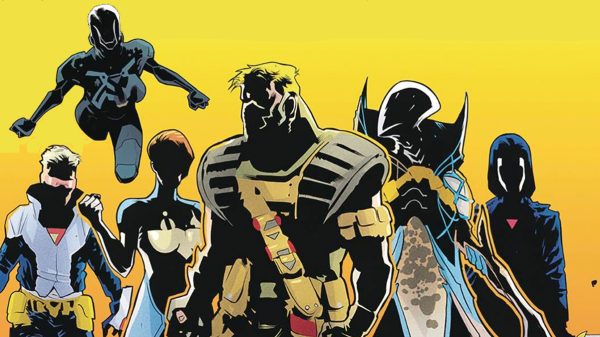
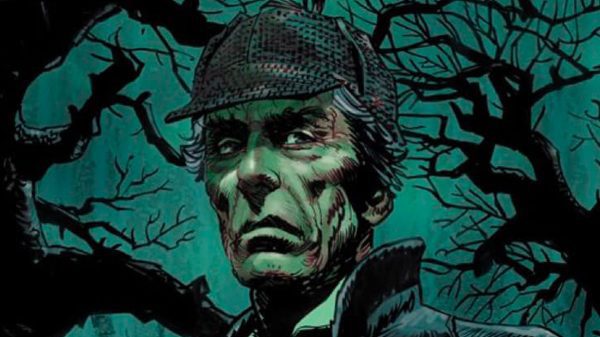
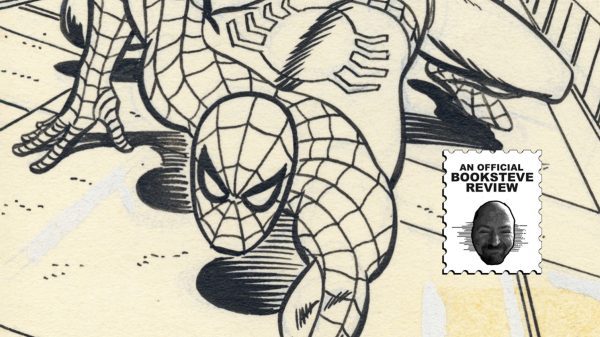
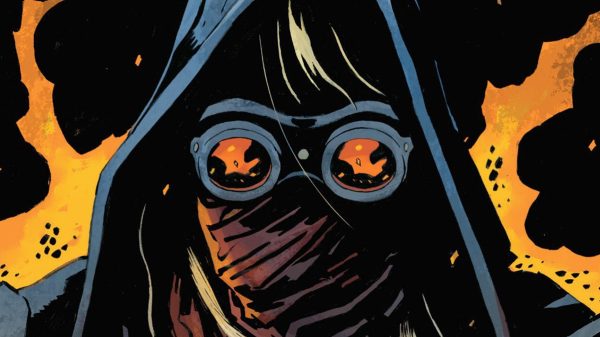





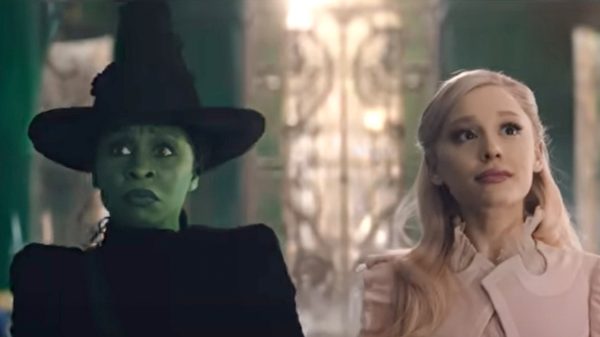
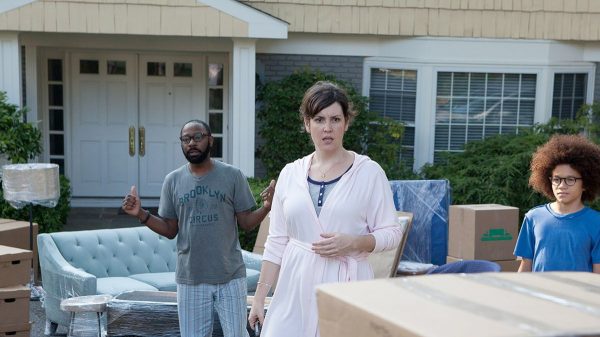
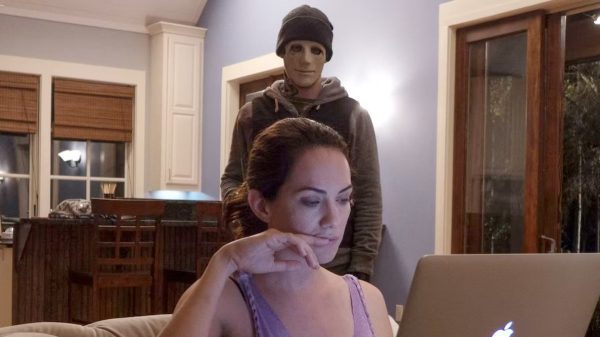












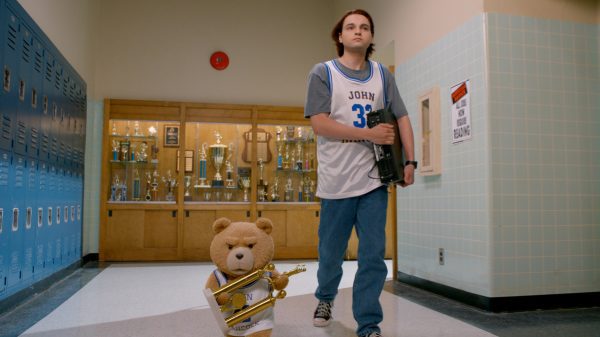
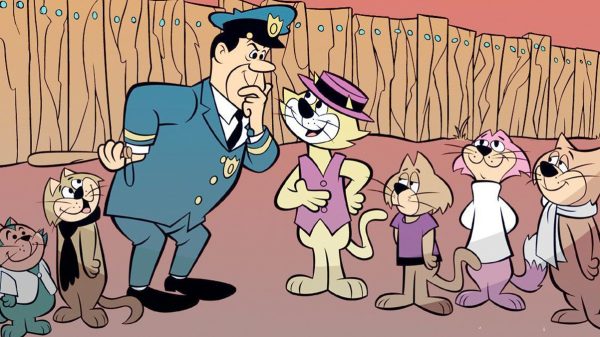
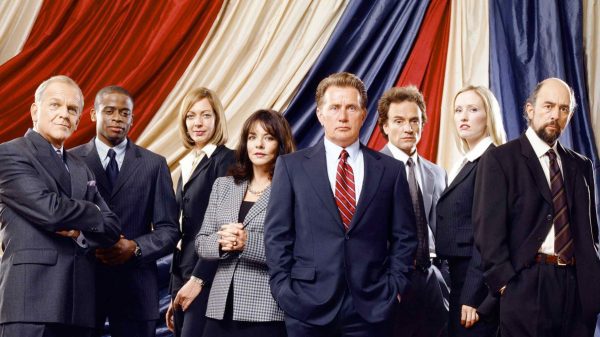
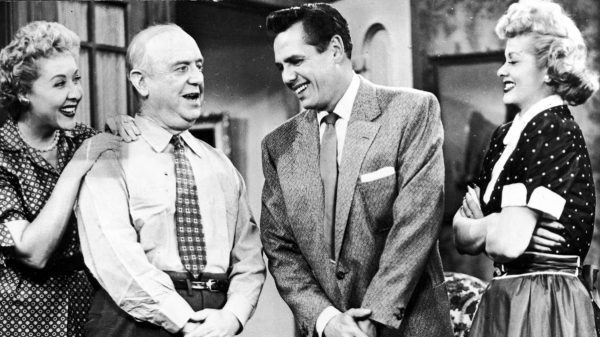




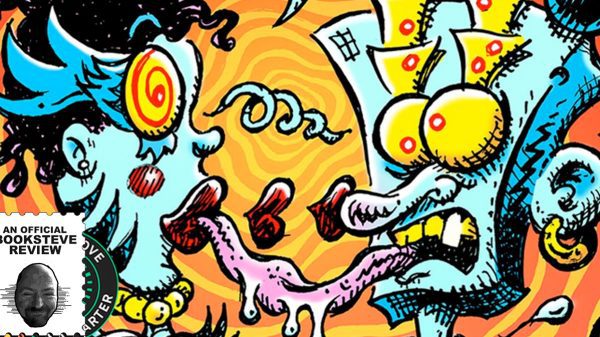

































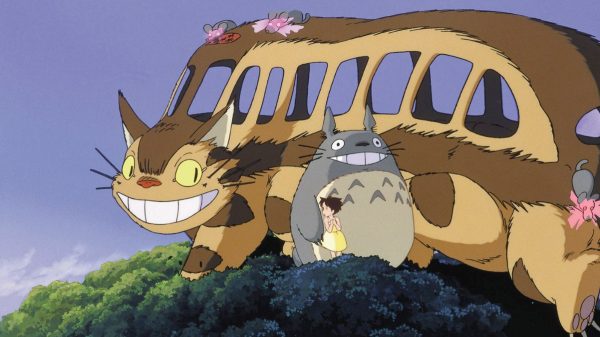
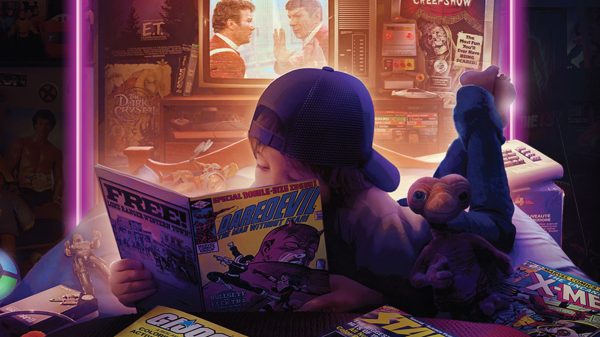
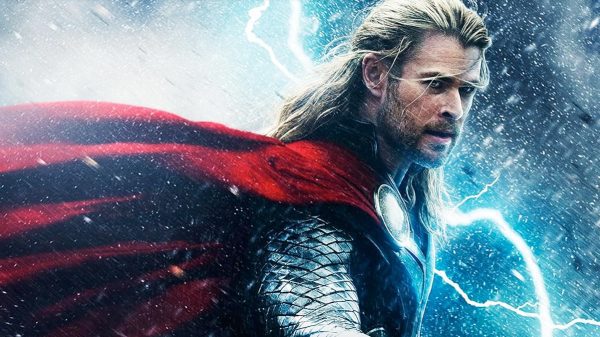









You must be logged in to post a comment Login